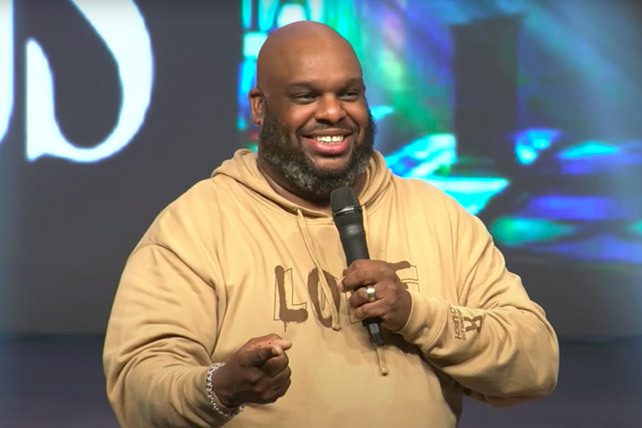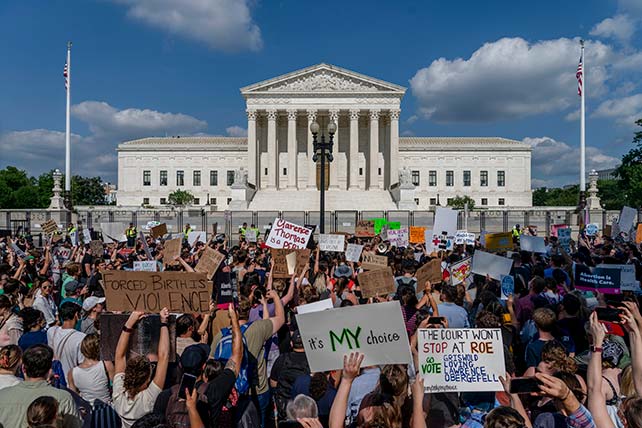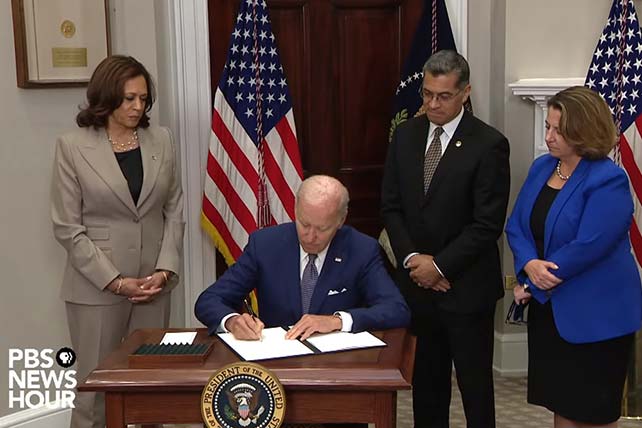Why Everyone Needs Compassion
If the Bible was a party, Ecclesiastes would be the party pooper.
The author of this unique book also comes from a unique situation. He is very powerful and very rich. Concerning power, he is a beloved king with many servants, and has more wives and concubines than he can count. When he tells them to leap, they ask, “How high?” When he summons them into his office or dining area or bedroom, they arrive not a moment too early and not a moment too late. Concerning riches, this man doesn’t just have a house, but many houses. Very large houses. He doesn’t just have a garden, but many gardens. Very lovely, well-tended gardens. He doesn’t just have pools, but many pools. And wardrobes. And luxury dining. And the best furniture. He also has a supreme intellect. And fame. And unparalleled success in all that he does. In a word, he has it all.
There is one more thing that the author of Ecclesiastes has in abundance: Misery. Somehow, and possibly to our surprise, he finds it nearly impossible to enjoy his many “blessings.” Here are just a few examples of the anguish he expresses:
Concerning work and success:
“What does man gain by all the toil at which he toils under the sun? … All things are full of weariness … I turned about and gave my heart up to despair over all the toil of my labors … for apart from [God] who can eat or who can have enjoyment? … I have seen slaves on horses, and princes walking on the ground like slaves.”[1]
Concerning knowledge and wisdom:
“He who increases knowledge increases sorrow.”[2]
Concerning possessions and pleasure:
“I made great works. I built houses and planted vineyards for myself … I had also great possessions … I got singers, both men and women, and many concubines … I kept my heart from no pleasure … and behold, all was vanity and a striving after wind.”[3]
Concerning money:
“[My] eyes are never satisfied with riches … He who loves money will not be satisfied with money … a man to whom God gives wealth, possessions, and honor, so that he lacks nothing of all that he desires, yet God does not give him power to enjoy them.”[4]
Concerning everything:
“All is vanity.”[5]
If this powerful, wealthy, famous king were a modern celebrity and was caught saying these sorts of things, one imagines that we might take to social media and criticize him for feeling miserable. “Poor little rich guy having a pity party,” we might say to ourselves and each other. “Must be hard living in all those mansions, having all that sex, hosting all those parties, eating all those fine meats, counting all that cash. Must be rough with all those people waiting on you hand and foot. Such a hard life. How do you do it?”
It is worth repeating. The green grass of other people’s lives lies to us.
A few years ago, I was invited to speak at a conference which took place at a luxury resort on the coast of California. The resort was nestled in the midst of one of the world’s wealthiest neighborhoods, with curated opulence and natural beauty everywhere. During a break, my wife and I decided to go for a walk down the coast, where we were able to view scores of multi-million-dollar mansions up-close. At one point, I turned to her and said, “Must be tough for these people to have to live like this.” In her characteristic gentleness and wisdom, she responded, “Yes, you’re right, Scott. It is tough for these people. Remember how you tell our congregation all the time that every person we meet is fighting a hard, hidden battle? That also includes people living in opulent mansions on the California coast, does it not?”
In an essay about celebrity life and culture, one New York journalist observed:
“I pity celebrities. No, I do. The minute a person becomes a celebrity is the same minute he/she becomes a monster … now they have become supreme beings and their wrath is awful. It’s not what they had in mind. When God wants to play a really rotten practical joke on you, he grants you your deepest wish and then giggles merrily when you suddenly realize you want to kill yourself … [These celebrities] wanted fame. They worked, they pushed … The night each of them became famous they wanted to shriek with relief. Finally! Now they were adored! Invincible! Magic! … The morning after the night each of them became famous they wanted to take an overdose of barbiturates. All their fantasies had been realized, yet the reality was still the same. If they were miserable before, they were twice as miserable now … The disillusionment turned them howling and insufferable.”[6]
The journalist’s thesis is supported by a long list of people who ascended to fame, fortune, and all the things that go with it, but whose lives ended prematurely and tragically as a direct result of their misery. As Ann Voskamp has eloquently written, no human soul was made to bear the weight of fame and celebrity except the soul of Jesus. Only he has the capacity and character to be on a pedestal and not be tarnished by it. Only he belongs on a pedestal, because the chief end of all creation is to glorify and enjoy him forever.[7] We, on the other hand, were made to worship and not be worshiped, to stand in awe not be the objects of awe, to bow and not be bowed unto.
Consider these names: Novelist Ernest Hemingway. Fashion designer Alexander McQueen. Painter Mark Rothko. Nirvana front man Curt Cobain. Each one, at the peak of his fame and fortune, committed suicide. Consider also the popular singers Amy Winehouse, Janis Joplin, Jim Morrison and the famous actor Heath Ledger. Each one, also at the peak of fame and fortune, died from a drug overdose. Likewise, Elvis Pressley, dubbed by many as “the king of rock and roll,” died of what was believed to be a barbiturate-induced heart attack.
Several years ago, I heard the famous singer, Mariah Carey, give an unexpected answer to a question that was asked of her at the peak of her career. At the time, she was reported to have scored more number one hits than anyone in the history of music except Elvis and the Beatles. When asked what remained for her to achieve, what goals she had not reached, she replied with a one-word answer: “Happiness.”
Indeed, every person you meet—or don’t meet—is fighting a hard, hidden battle.
This includes those who are poor and destitute. It includes those who are middle class, making it from paycheck to paycheck. And, lest we forget, it includes those who are rich and famous and have achieved all of their wildest dreams and more. As it has been said, “People may spend their whole lives climbing the ladder of success only to find, once they reach the top, that the ladder is leaning against the wrong wall.”[8]
Compassion anyone?
This article originally appeared here.

























